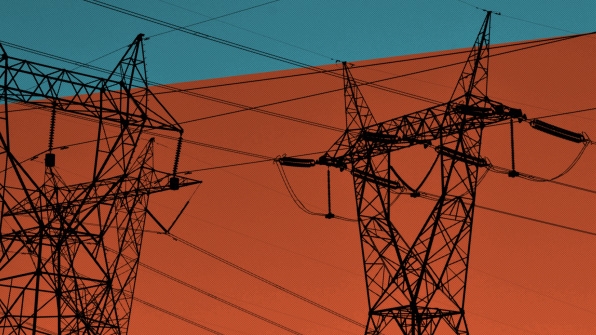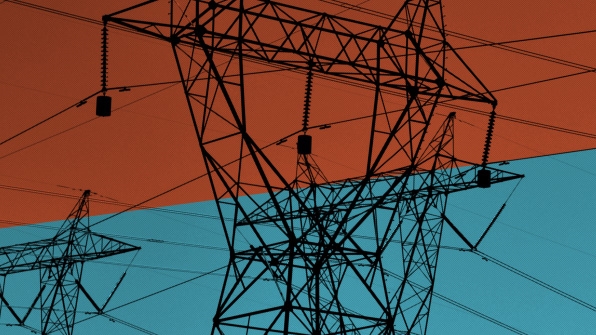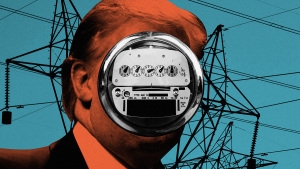The Trump Administration Is Doing Everything It Can To Justify A Backward-Looking Electric Grid
The Trump administration is currently conducting a review of the electricity grid–with an eye to bringing back coal at the expense of renewables. But bringing back coal is not the way to move the economy forward. If the administration cares about jobs and economic development, modernizing the grid to take advantage of the next generation of clean energy and efficiency technology would be the best way to grow the industries of tomorrow.
In April, Energy Secretary Rick Perry asked his staff to put together a report analyzing the reliability and resiliency of the U.S. electric grid. Perry claims to be concerned about reliability as renewables–which produce power when the sun is shining or wind is blowing–replace coal as an energy source. Several studies, however, show that the grid can reliability accommodate more renewable power. The real aim of the grid study, many experts say, is to provide justification for removing federal and state policies that support renewables in an attempt to bring back coal.

This is a mistake because coal is not where the jobs are. The entire coal industry employs 160,000 people, according to the Energy Department–and that number is declining rapidly. Renewables and efficiency, on the other hand, employ over 3 million people, a number that is rapidly growing.
As head of the nation’s largest cleantech hardware incubator, Greentown Labs, I’ve seen first-hand how clean technologies are making a serious impact not only on our nation’s energy future but also on our economy.
Greentown Labs is part of a larger group called the Incubatenergy Network–a consortium of clean energy incubators from red and blue states across the country sharing resources, knowledge, and funding opportunities while serving as “landing pads” for startups as they enter new U.S. markets. Collectively, the network has supported more than 500 companies that have raised more than $1 billion in capital, generated more than $330 million in revenue, and created more than 3,000 direct jobs.
These startup companies are making our nation’s grid more reliable and efficient at delivering power. They are driven in no small part by the increasing role that renewables are playing in our electricity mix. Pulling the rug out from under federal and state leaders would be a huge disservice to this economic engine.

Beyond the impressive number of jobs these communities of clean energy startups have added to the U.S. workforce, forward-thinking policy and regulation boosts the U.S. economy and creates momentum for 21st-century energy generation. Evolving renewable policies help startups identify markets while creating opportunities for global corporations to partner with or make investments in the new technologies these young companies are developing.
As noted in a memo to his staff, Secretary Perry will do everything in his power to ensure American families and businesses are provided “an electric system that is technologically advanced, resilient, reliable, and second to none.” Clean energy startups are eager to work with Secretary Perry on this effort at the city, regional, and state level.
What’s needed is cooperation and progressive policy to move the country forward with a mix of new technologies that will not only make the grid stronger and cleaner but also grow our economy. Not a backward-looking study designed to prop up a 19th-century fuel.
Dr. Emily Reichert is the Chief Executive Officer at Greentown Labs, the largest cleantech hardware incubator in the United States.
But coal–and coal jobs–are dwindling, so it’s time to look to the future, instead.
The Trump administration is currently conducting a review of the electricity grid–with an eye to bringing back coal at the expense of renewables. But bringing back coal is not the way to move the economy forward. If the administration cares about jobs and economic development, modernizing the grid to take advantage of the next generation of clean energy and efficiency technology would be the best way to grow the industries of tomorrow.
Fast Company , Read Full Story
(20)













